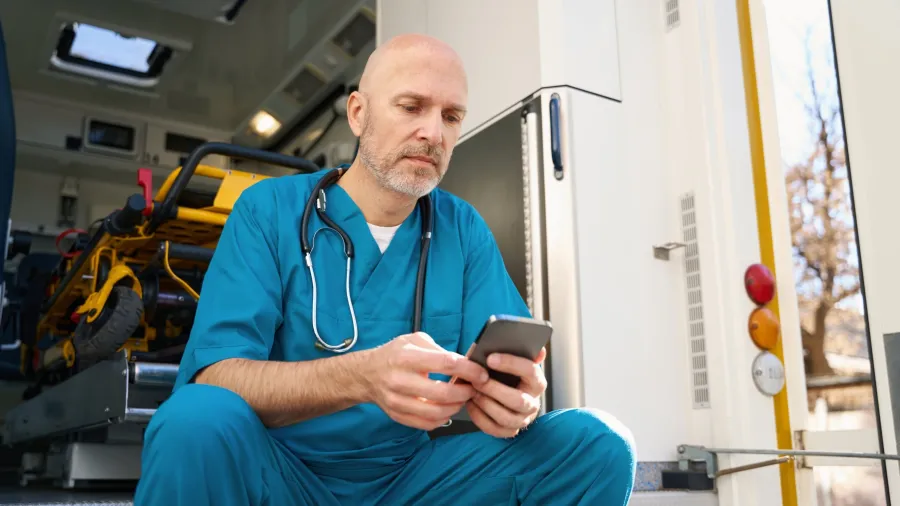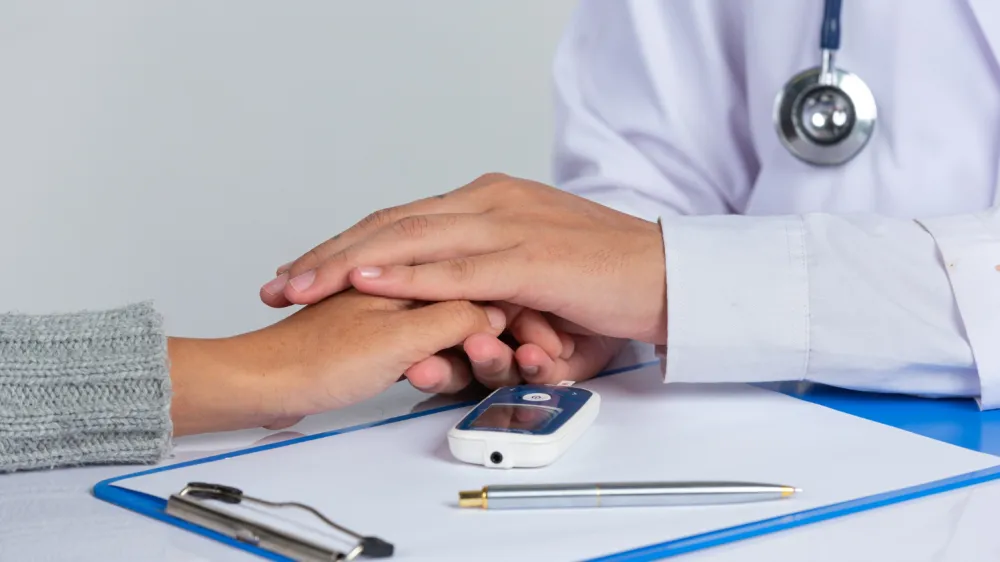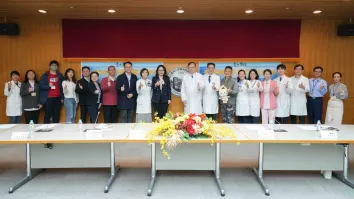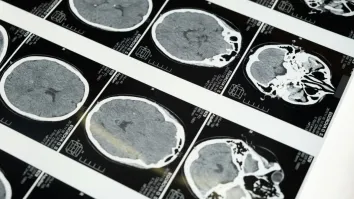
WA Health expands digital messaging to boost emergency response
The platform replaces pagers, phone calls, and text messages to cut delays.
Western Australia’s Department of Health (WA Health) is expanding a digital messaging system that supports the State Health Operations Centre (SHOC), which oversees emergency services across the state.
The platform, developed by Australian firm Baret Technologies, replaces pagers, phone calls, and text messages with a secure digital system for coordinating hospitals, ambulances, and primary care providers. It aims to cut delays in communication and improve visibility over emergency department activity and patient transfers.
“The platform is built to be scalable and customisable,” Sumit Sinha-Roy, principal medical adviser at SHOC, told Healthcare Asia. “This will allow hospitals, ambulances, primary care, and contracted sites to adopt it on their own timelines.”
He said the rollout supports WA Health’s 2020–2030 digital strategy, which seeks to build a connected, data-driven healthcare system emphasising interoperability and modern collaboration tools.
A phased rollout will ensure each expansion is “locally owned, operationally aligned, and informed by lessons from the SHOC,” he said in an emailed reply to questions.
The system marks a step toward replacing legacy communication tools and modernising emergency coordination across Western Australia’s public health network.
Analysts said the initiative could expand beyond hospital and emergency settings.
“Integration with electronic medical records and national health data repositories is expected,” Rathanesh Ramasundram, director for healthcare and life sciences at Frost & Sullivan, said in a Teams interview. “This integration will help ensure safe care transitions and better patient management across the healthcare system.”
Still, the success would depend on careful planning, staff training, and user advocacy to ensure smooth adoption, she added.
WA Health has begun training programmes for clinical and nonclinical staff, including role-specific guides and live simulations. “Whilst outcomes depend on many factors, this should indirectly support faster response, smoother care pathways, and better patient experiences,” Sinha-Roy said.



















 Advertise
Advertise






